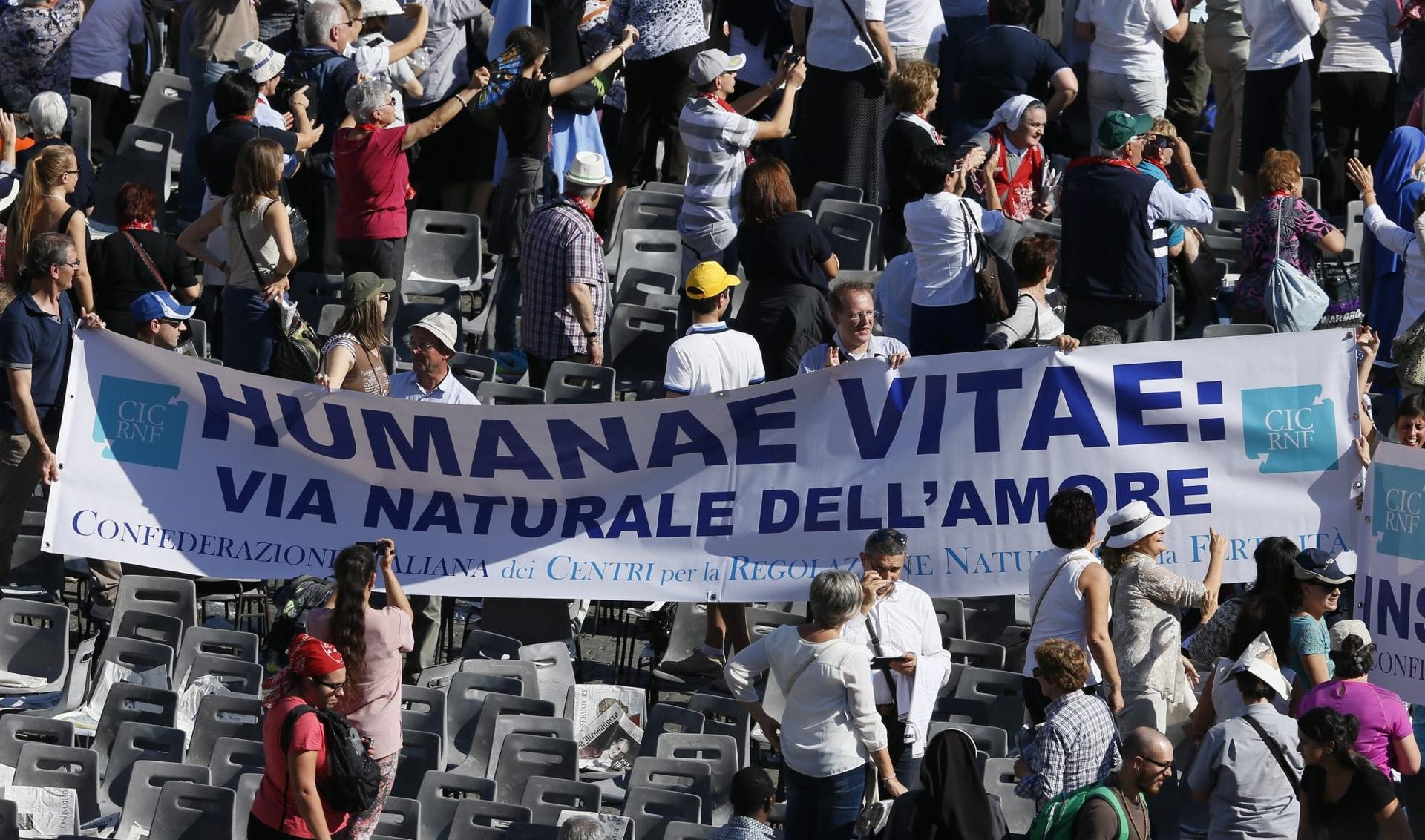This week, we celebrate the fiftieth anniversary of the encyclical letter, Humanae Vitae. It’s the “birth control” encyclical and one of the most controversial teaching documents in the contemporary Church. And so, as usual, the great Catholic concept of both/and is being expressed as an either/or, and the anniversary is being neglected in some quarters, while being over-celebrated in others.
What are we to do? Is this an anniversary that’s best smiled at as we go along, or does it merit some attention? And if so, what spirit should inspire our attention?
Much can be written about the commission of experts (Why was the absent Karol Wojtyla given such prominence?), the Minority Opinion (Who leaked it and why?), the composition of the encyclical (Did it really begin with an argument from authority?), its timing in 1968 (One of the most revolutionary and tragic years of the twentieth century), the prophetic nature of its teachings (What about that #17?), and the initial, non-existent attempt to apply and help the average believer to understand and live the teachings of the encyclical.
But, each of these points, would raise dozens of additional questions and points ranging from history, biology, sociology, philosophy, and theology. And, in the frenzy of debate, the overarching lesson of Humanae Vitae could be lost. If this central tenet is lost, then there is no hope (or reason) for the encyclical.
But what is this preeminent point? And can it offer inspiration and encouragement to Christian believers today?
The essential point of Humanae Vitae is found in the very title of the encyclical itself, namely, On Human Life. The title is not On the Evils of Birth Control or How to Repress your Sexuality. The title is about life, and its teachings are about life in all its abundance. While the document’s points are often ill-presented, they are, nonetheless, rightly and beautifully grounded on the gift of life. This doctrine flourishes upon the basic premise that life is a mystery to be lived, and not a problem to be solved. As a gift, life makes the most sense and is closer to God when it is shared in love.
This is the heart of Humanae Vitae because it is the heart of the Christian message. We exist because we are loved. As Pope Emeritus Benedict XVI preached at the beginning of his pontificate, “Each of us is willed. Each of us is loved. Each of us is necessary.” And our existence is marked by a profound internal push to accept this love and to generously share it with others, especially children and other vulnerable people. As Pope Francis has repeatedly taught, “Love is work. Love shows itself in works, not in words.”
Our life, therefore, has been given to us in love. This basic truth is the starting point for Humanae Vitae and for the entire Christian way of life. It is only from this perspective that an argument for responsible parenthood can be made, and only from within such an understanding that an assertion for an openness to natural means and martial chastity can be credibly offered as a means to exercise responsible parenthood and family planning.
Rather than beginning with a person’s sex life, or with terrifying lists of medical problems associated with the birth control pill, or with conversations about the elasticity of vaginal mucus, it might be more effective to initiate a conversation about the contagious nature, dynamism, and generosity of love.
As Saint Paul reminds us: “If I speak in the tongues of men or of angels, but do not have love, I am only a resounding gong or a clanging cymbal. If I have the gift of prophecy and can fathom all mysteries and all knowledge, and if I have a faith that can move mountains, but do not have love, I am nothing. If I give all I possess to the poor and give over my body to hardship that I may boast, but do not have love, I gain nothing.”
And so, it will be a deepening of life-giving love – guided by divine wisdom – that helps people to understand the demand of Humanae Vitae and slowly realize the wisdom and invitation contained in it. It will be a selfless and free love – matured by a reasonable faith – that will provoke and lead people to accept the invitation to readily welcome children into their marriages and family. It will be love that removes walls, opens doors, and joyfully greets the twists and turns, the sufferings, and the laughter of children.
This is the proposal, and the enduring message, of Humanae Vitae.















